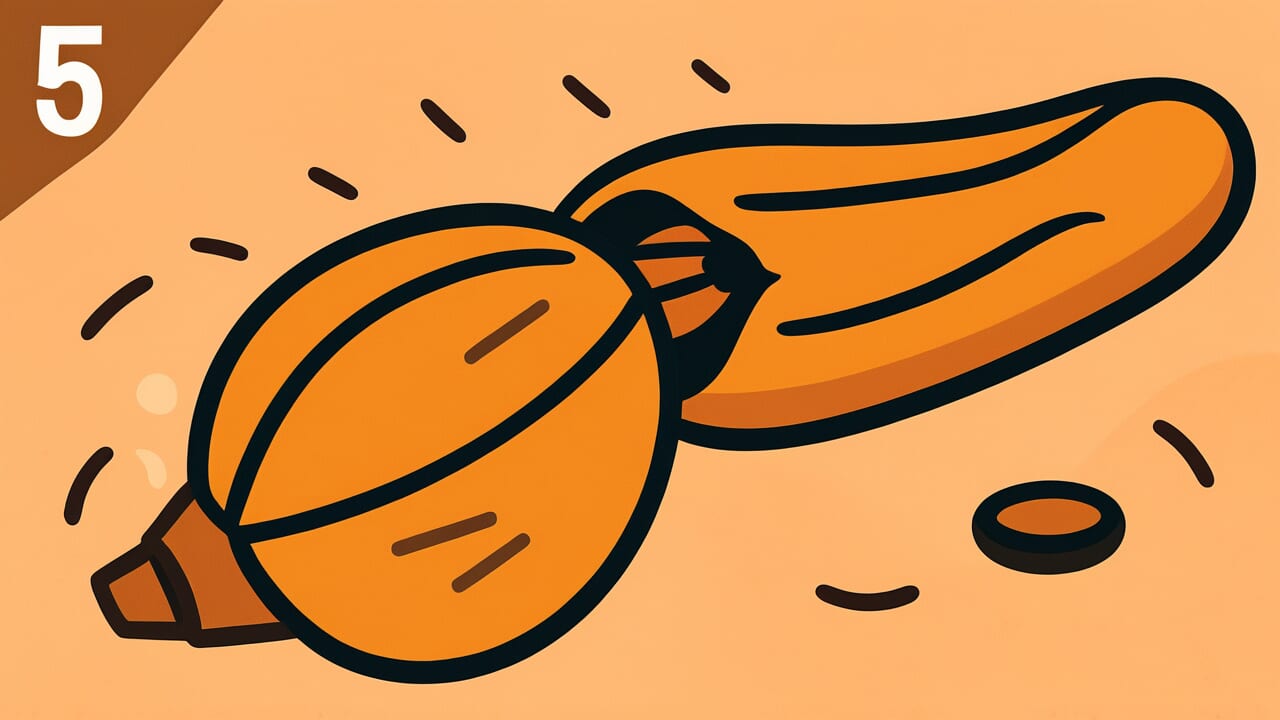Cultural Context
This Hindi proverb uses the image of a chickpea and a furnace. In Indian households, chickpeas are a daily staple food item.
Furnaces represent intense heat and powerful transformation in traditional cooking.
The imagery connects to communal values deeply rooted in Indian culture. Indian society has long emphasized collective effort over individual achievement.
Joint families, community festivals, and cooperative farming all reflect this principle.
This wisdom is often shared by elders when teaching children about teamwork. Parents use it when explaining why cooperation matters in family life.
The proverb appears in everyday conversations about work, social projects, and challenges.
Meaning of “A single chickpea cannot burst the furnace.”
The proverb literally says one chickpea cannot make a furnace burst. A single small thing cannot affect something much larger and stronger.
The core message is that individual effort alone cannot accomplish great tasks.
This applies across many life situations requiring collective action. A student cannot organize a school festival without classmates helping.
One employee cannot transform an entire company culture by themselves. A single volunteer cannot clean an entire polluted river alone.
These examples show how significant achievements need many people working together.
The proverb also suggests knowing your limitations is wise, not defeatist. It encourages seeking help and building teams rather than struggling alone.
However, this does not mean individual action has no value. Small personal efforts still matter for personal growth and inspiring others.
Origin and Etymology
It is believed this proverb emerged from rural agricultural communities in India. Farming required coordinated effort during planting and harvest seasons.
One person could not manage large fields or irrigation systems alone.
The wisdom passed down through oral tradition across generations of families. Elders shared such sayings during work, meals, and community gatherings.
These proverbs taught practical life lessons without formal schooling or written texts.
The saying endures because its truth remains visible in daily life. People still experience the limits of individual effort regularly at work.
The simple, memorable imagery makes it easy to recall and share. Its relevance has actually grown in our interconnected modern world.
Usage Examples
- Coach to Player: “You practiced once this week and expect to win the championship – A single chickpea cannot burst the furnace.”
- Friend to Friend: “You sent one job application and wonder why you’re still unemployed – A single chickpea cannot burst the furnace.”
Lessons for Today
This wisdom addresses our modern tendency to glorify individual achievement excessively. While personal initiative matters, most meaningful accomplishments require collaborative effort today.
Recognizing this helps people seek support rather than burning out alone.
When facing large projects at work, building a capable team matters. Starting a business often needs partners with complementary skills and resources.
Even personal goals like fitness improve with workout partners or coaches.
The key is distinguishing between tasks requiring collaboration and personal responsibilities. Some challenges genuinely need individual effort and personal accountability first.
Learning when to seek help versus when to persist alone shows maturity. The proverb reminds us that asking for support demonstrates strength, not weakness.



Comments